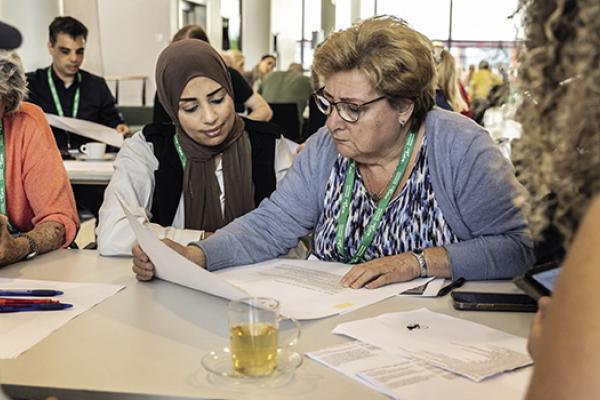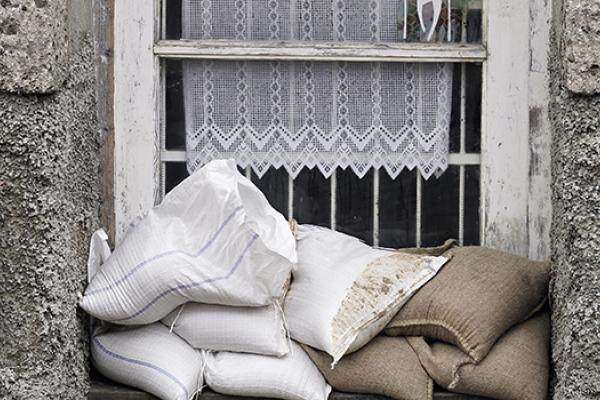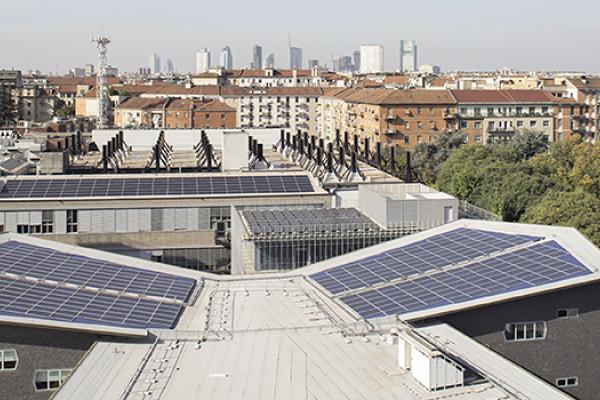Adaptive solutions are available. A cross-border investigation of Maldita.es (Spain), Mensagem de Lisboa (Portugal), and Slow News (Italy) looks into city-level solutions that are mitigating heat risks in urban areas.
Barcelona has become a leading example in battling heat-related deaths through its network of 360 climate shelters, which offer residents a place to escape from extreme heat by providing cool temperatures, water, and seating. In Lisbon, due to lack of a concerted strategy by the City Council, citizens have intervened. In some of the city's neighbourhoods, residents have installed swimming pools in the streets and one city resident has created an interactive map that allows people to find where the nearest climate shelters are.
In Milan, a project aims to plant 3 million trees by 2030 was implemented to increase the canopy cover and mitigate the effect of urban heat islands and air pollution. The proof that this solution works has already existed in the city for two centuries: tree-lined avenues and parks, designed since 1780, show temperatures up to 10°C cooler than the surrounding areas.
The investigation includes an analysis of the data on deaths related to heat in Europe and across the three countries, requests of FOIs to local and regional authorities and interviews to a dozen of experts, institutions and citizens affected.
© Photo by Rita Ansone















